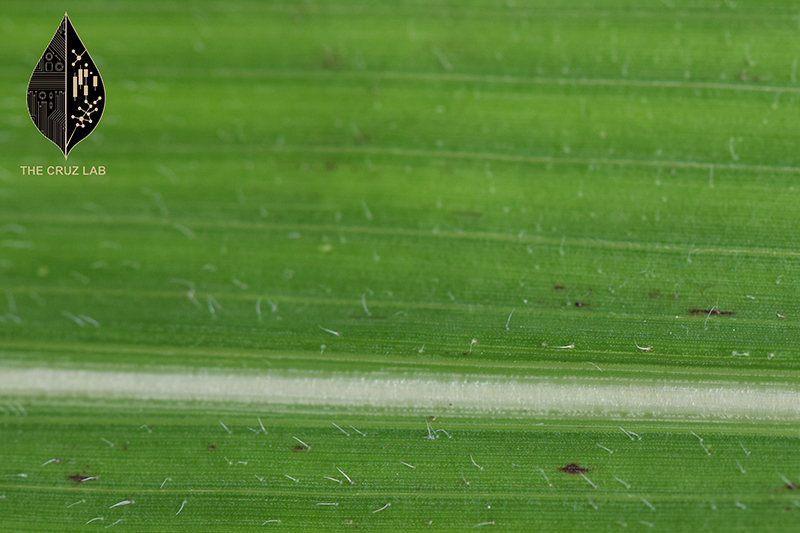Today, nearly 350 seed industry representatives gathered in Indianapolis, Indiana, for the 2015 Corn Belt Seed Conference, which is hosted by the Indiana Crop Improvement Association and the Indiana Seed Trade Association.
Precision agriculture, data management, leadership and resistant weeds are among the topics being covered.
When it comes to weed management, all future technologies will require an integrated program approach, says Bryan Young, a Purdue University botany and plant pathology associate professor. From an on-site survey that Young conducted with a group of farmers at a meeting in Effingham, Illinois, only 17 percent of them reported that resistant palmer amaranth and resistant waterhemp were not present on their farm.
While companies have come and are coming out with weed management technologies, such as Liberty Link, Enlist Duo and Roundup Ready 2 Xtend, Young says that none of these are a silver bullet. Farmers need to incorporate multiple modes of action and maybe even cover crops and other management practices, he says.
Both Dale Aaberg of Monsanto and David Hillger of Dow AgroSciences explain that stewardship of new technologies is very important. Hillger says that the release of Dow AgroSciences’ Enlist will be very controlled in that it will only be sold in 2015 where its end use is on the farm or for local feed.
“We have a very extensive stewardship plan,” Hillger says. “This means documenting where things are planted and making sure the trait is tracked throughout the entire process.”
Young says that industry needs a zero-tolerance policy when it comes managing resistant weeds, especially with palmer amaranth. He even recommends farmers stop and get out of the combine, pull the weed and destroy it when they see a resistant palmer amaranth weed. “If you don’t take the time to stop and destroy it, in two years it will stop your combine,” Young adds.
Premier conference sponsors include Ag Alumni Seed, AgVenture, Dow AgroSciences and Corn States.











